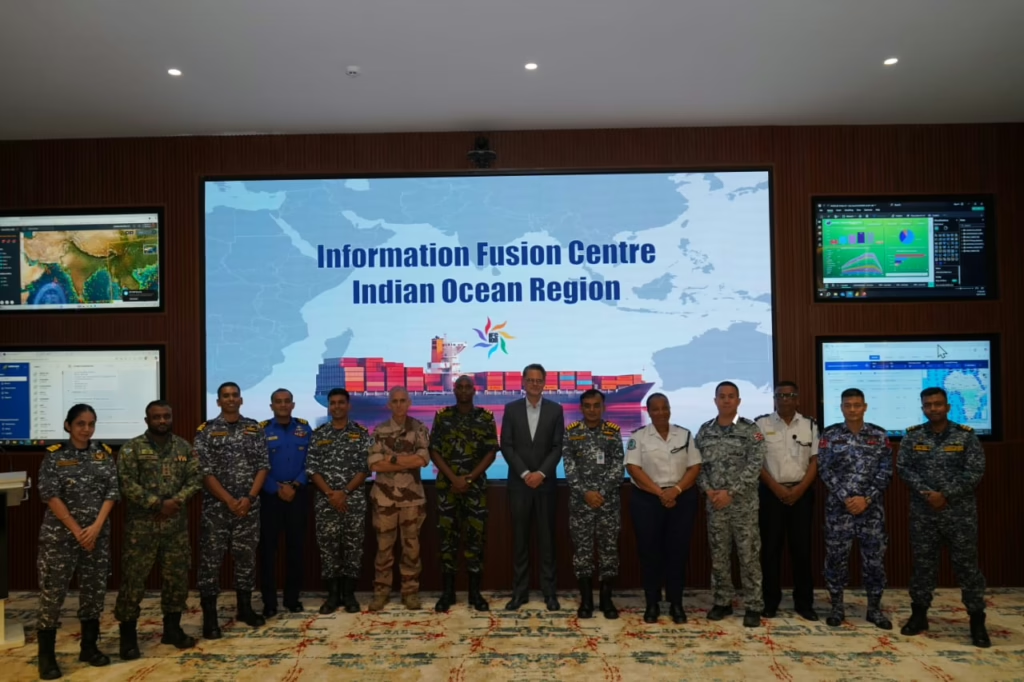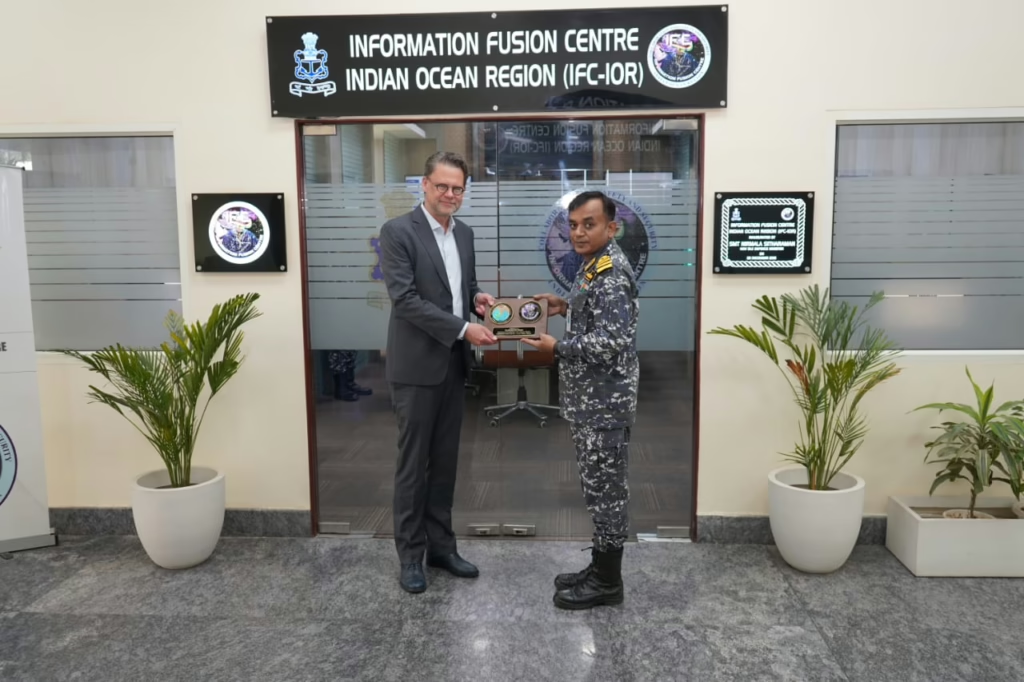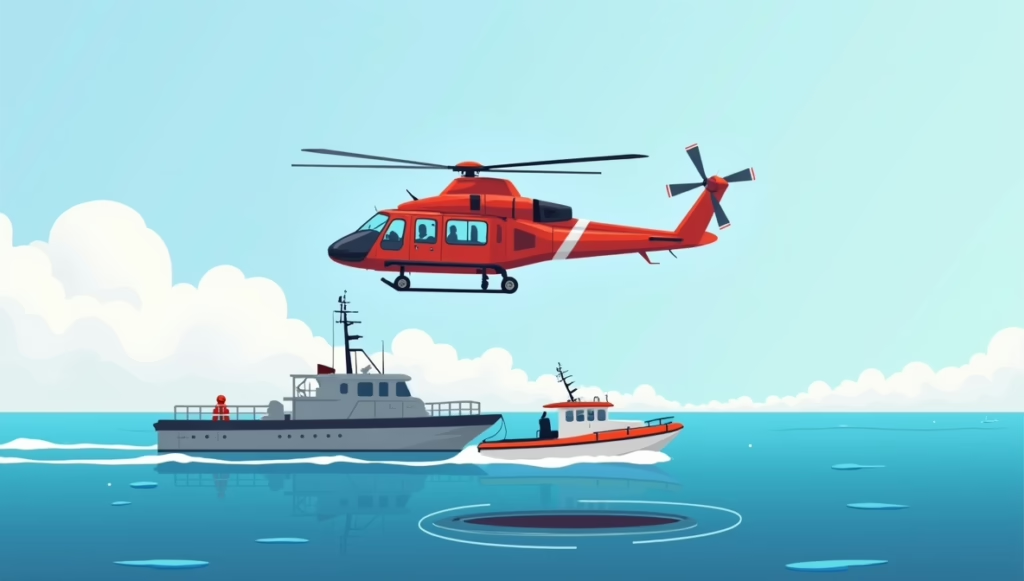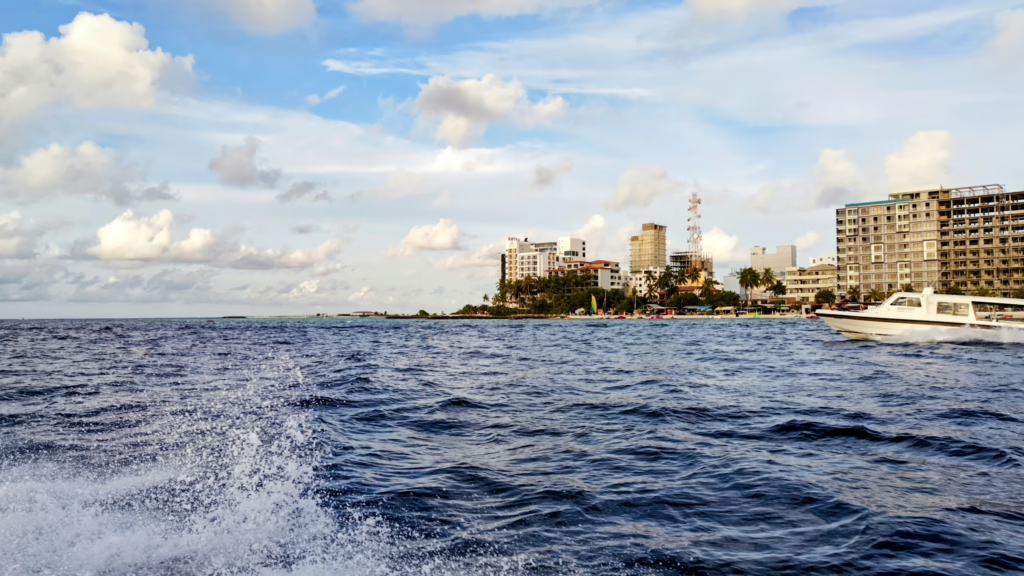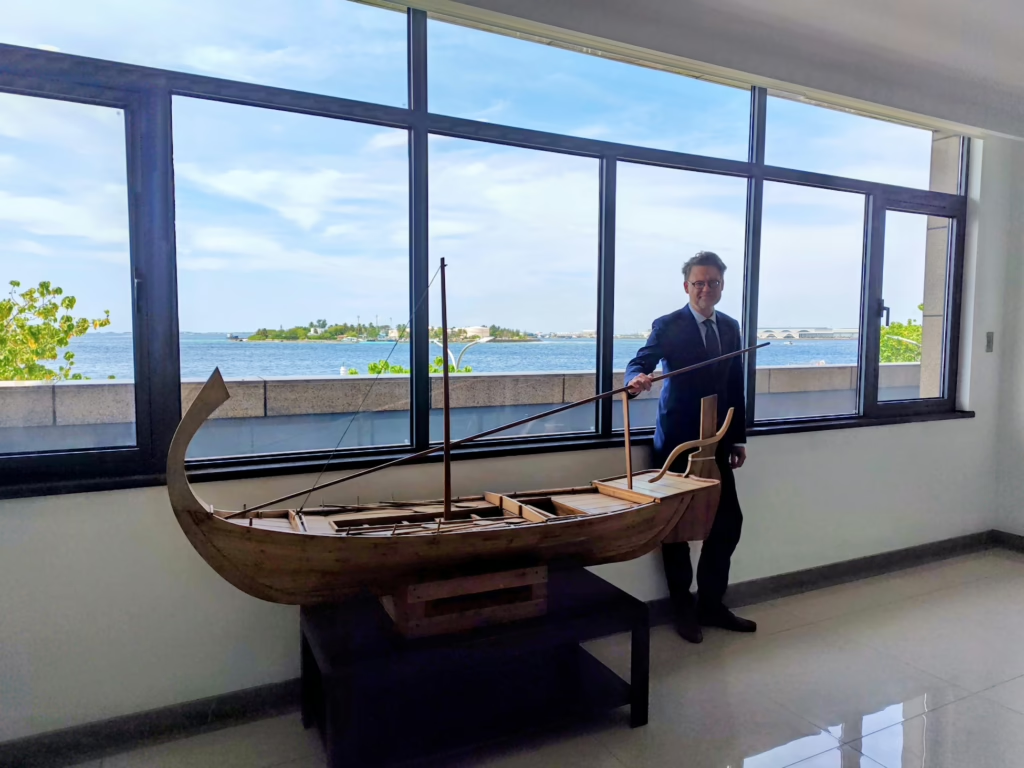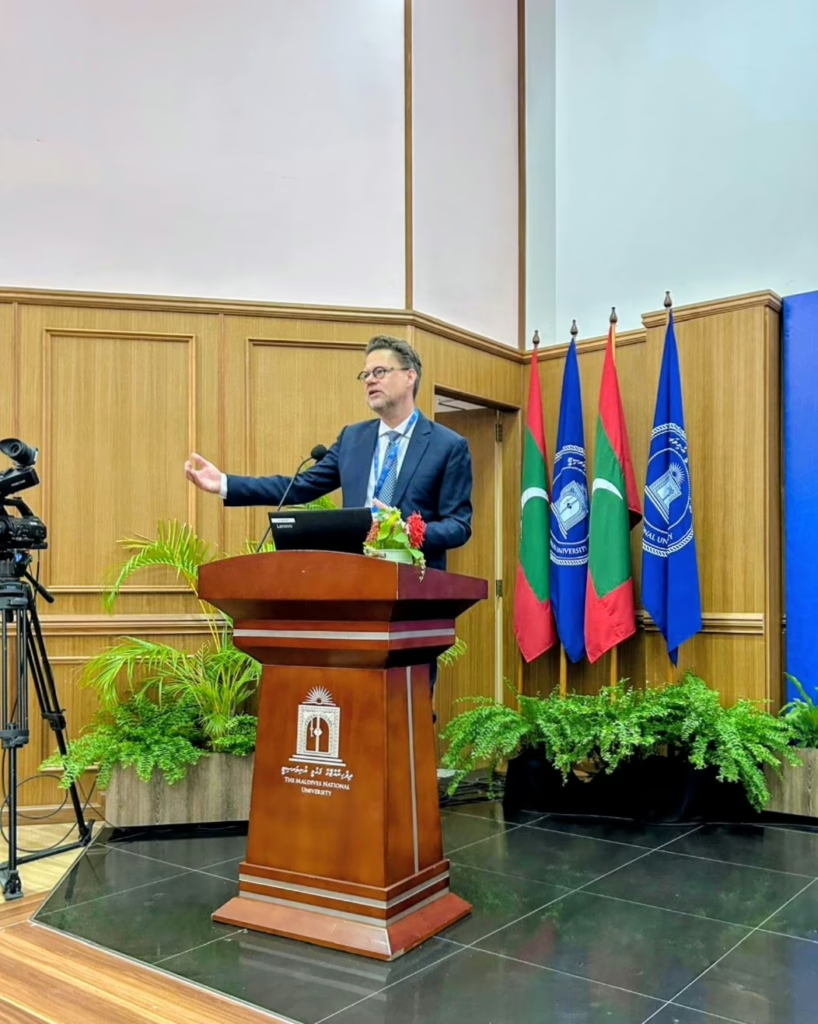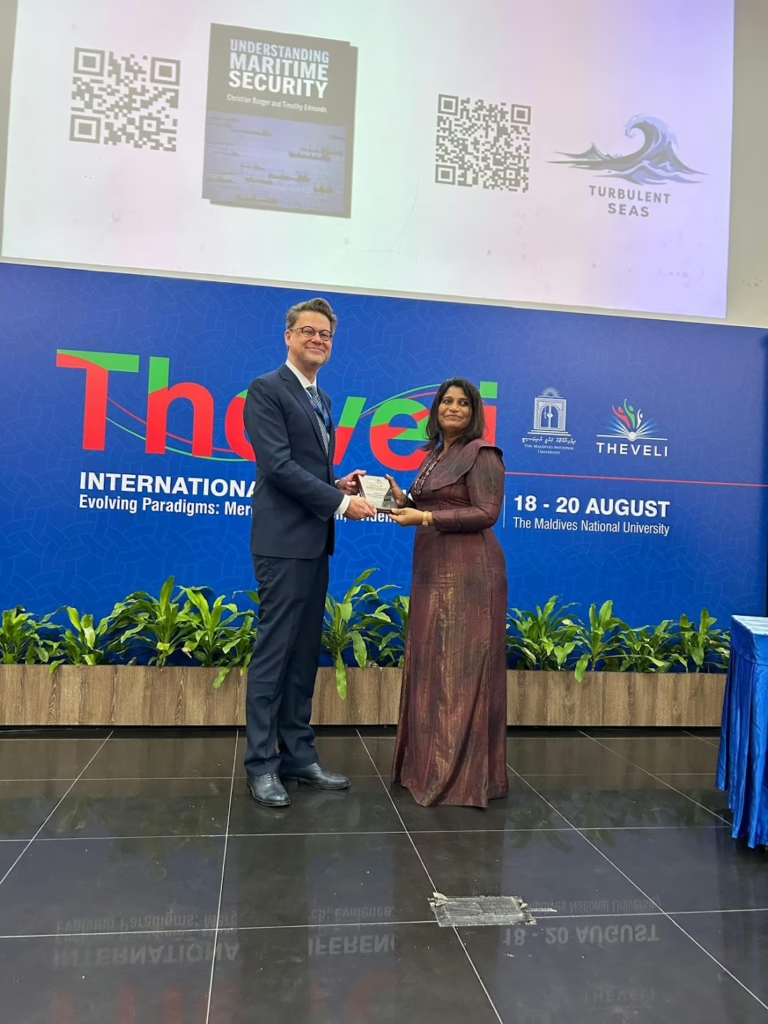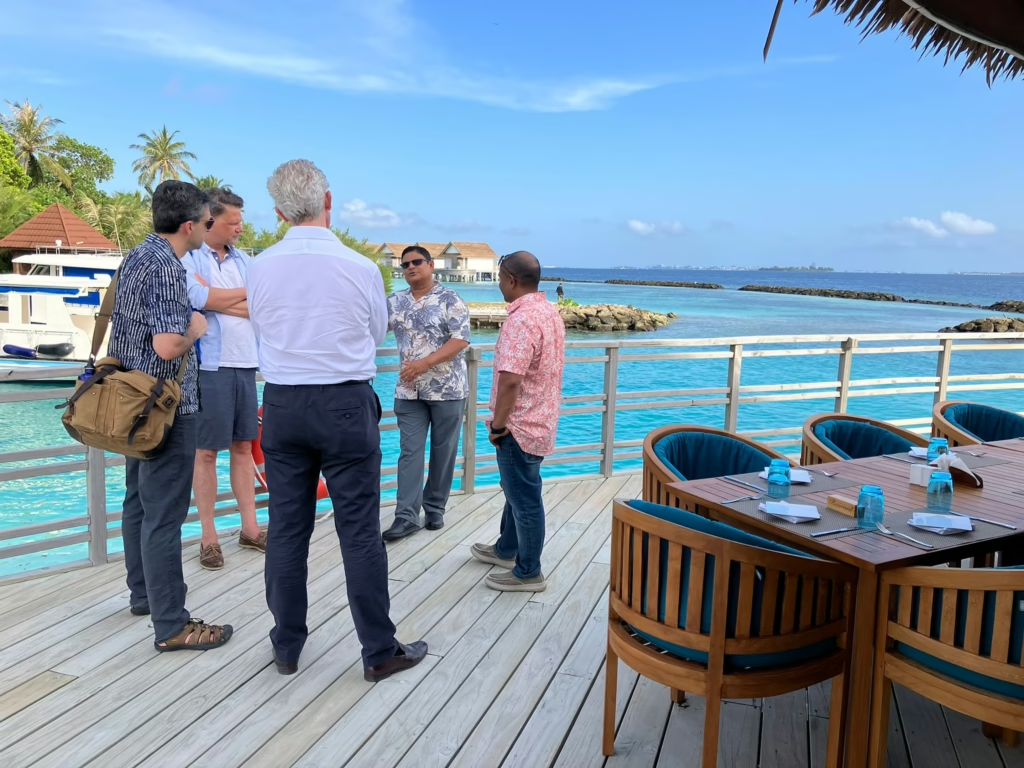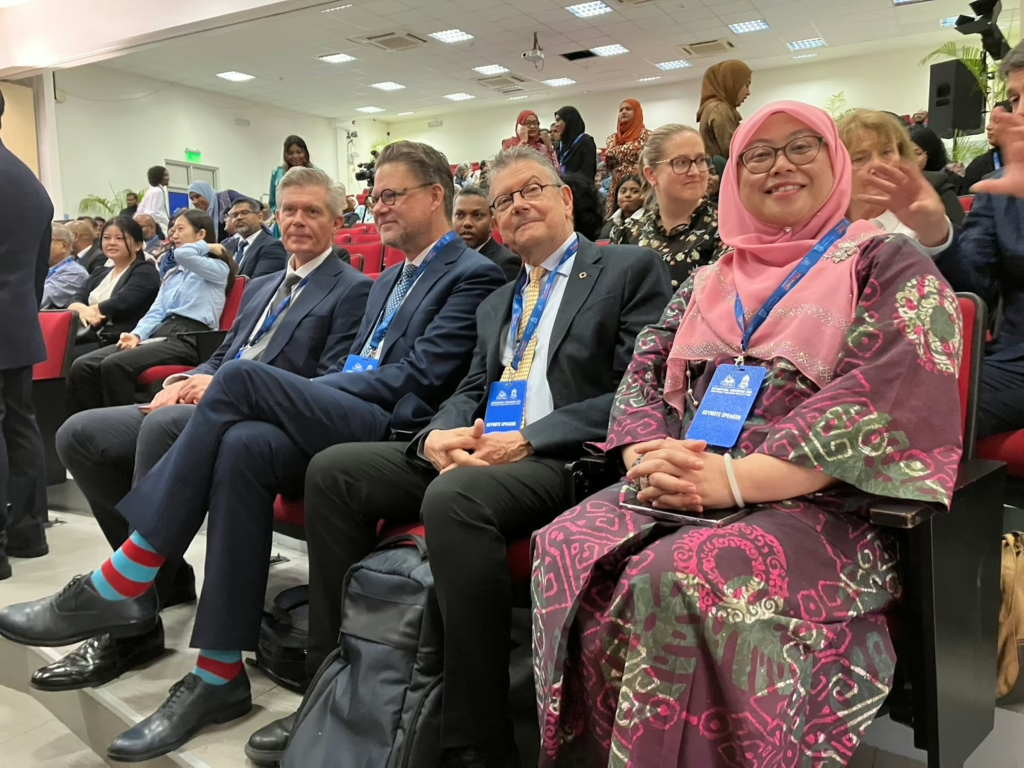Time for a brief look back at 2025. Here is what made this year special:
- Playing Tejo, an ancient throwing game and the national sport of Colombia, in Bogota with Andres Julian Trujillo Rosero after an intense strategic foresight event with the Colombian Navy.
- Wandering the streets of New York in the early mornings after a non-stop flight from Singapore, staying awake to be fresh for my briefing at the UN Security Council’s high-level debate on maritime security.
- Receiving a crystal ball as a gift in Singapore, which significantly improved my approach to strategic foresight.
- Meeting the pink pigeon, Mauritius’ national endangered bird, in one of the national parks while conducting research on maritime security in the Western Indian Ocean.
- Seeing our edited volume on global ocean regions in print completing an amazing intellectual journey with Elizabeth Mendenhall, Bec Strating and others.
- Recognizing how many varieties of tuna dishes one can make while visiting The Maldives National University, thanks to Athaulla (‘Atho’) Rasheed.
- Launching my new newsletter ‘Turbulent Seas’, although fewer issues were published in 2025 than originally envisioned. Watch that space!
- Enjoying the Abu Dhabi sunset while sipping a cold brew with Brendon J. Cannon after a presentation at TRENDS Research & Advisory.
- Seeing my first article published in French, though this would not have been possible without great translators at Diplomatie.
- Visiting the Taj Mahal ahead of the National Maritime Foundation- NMF’s Indo-Pacific Regional Dialogue.
- Recognizing that I have given close to 60 talks in 2025, including briefings to the European Council, the European Parliament, and NATO’s Operation Policy Committee. 2026 will be focused on writing!
To everyone I had the privilege of meeting in 2025: thank you for making it extraordinary. Excited to see what 2026 brings…
